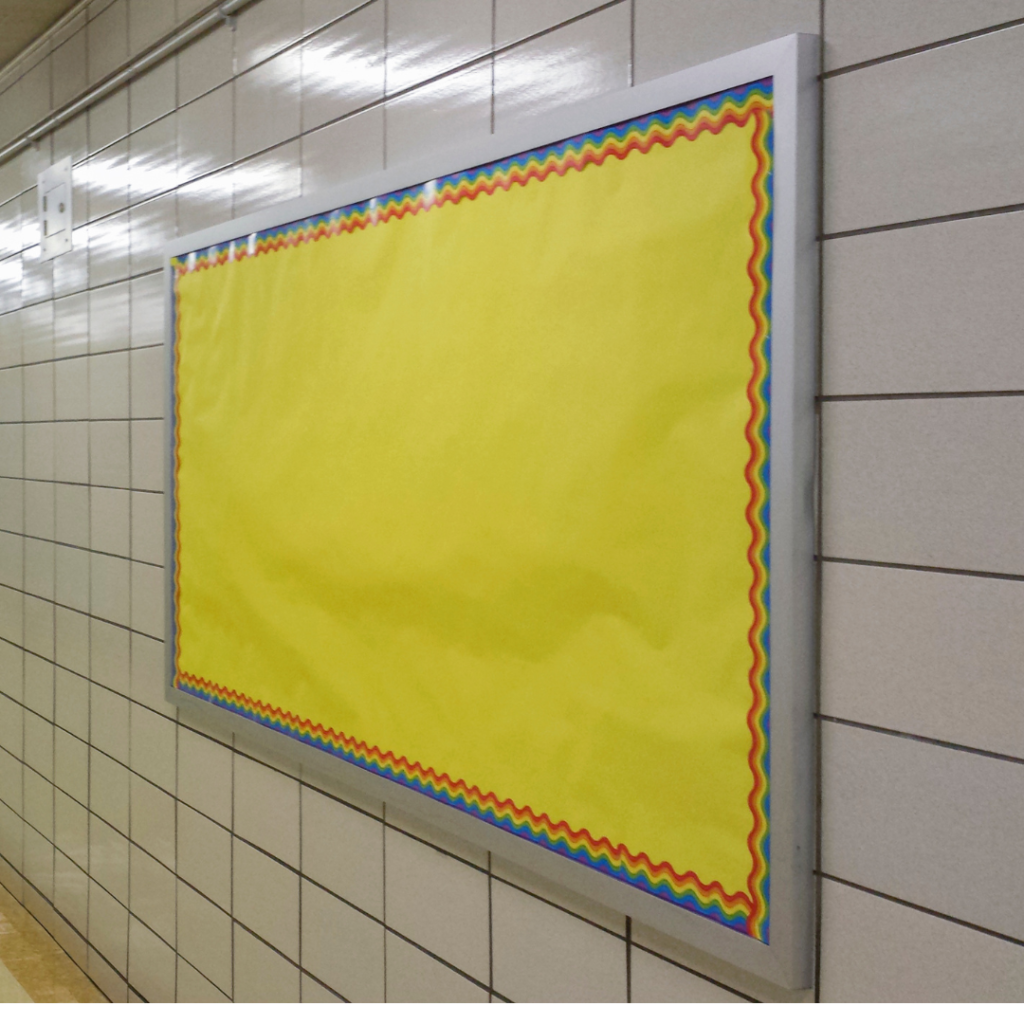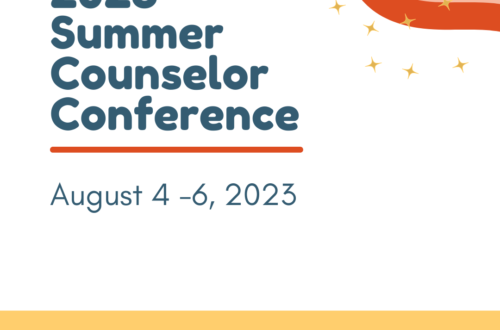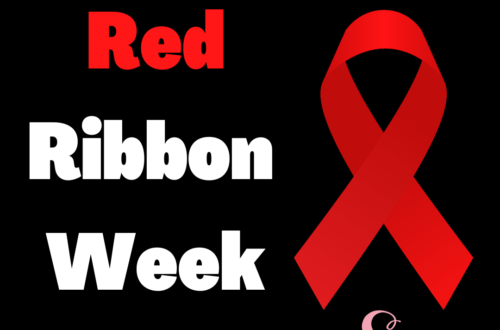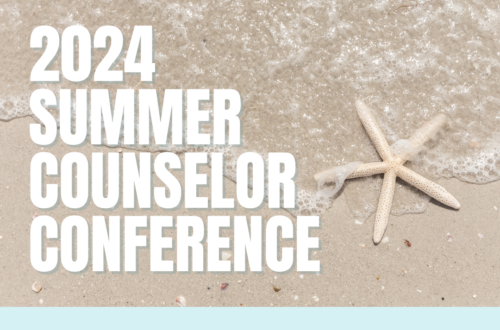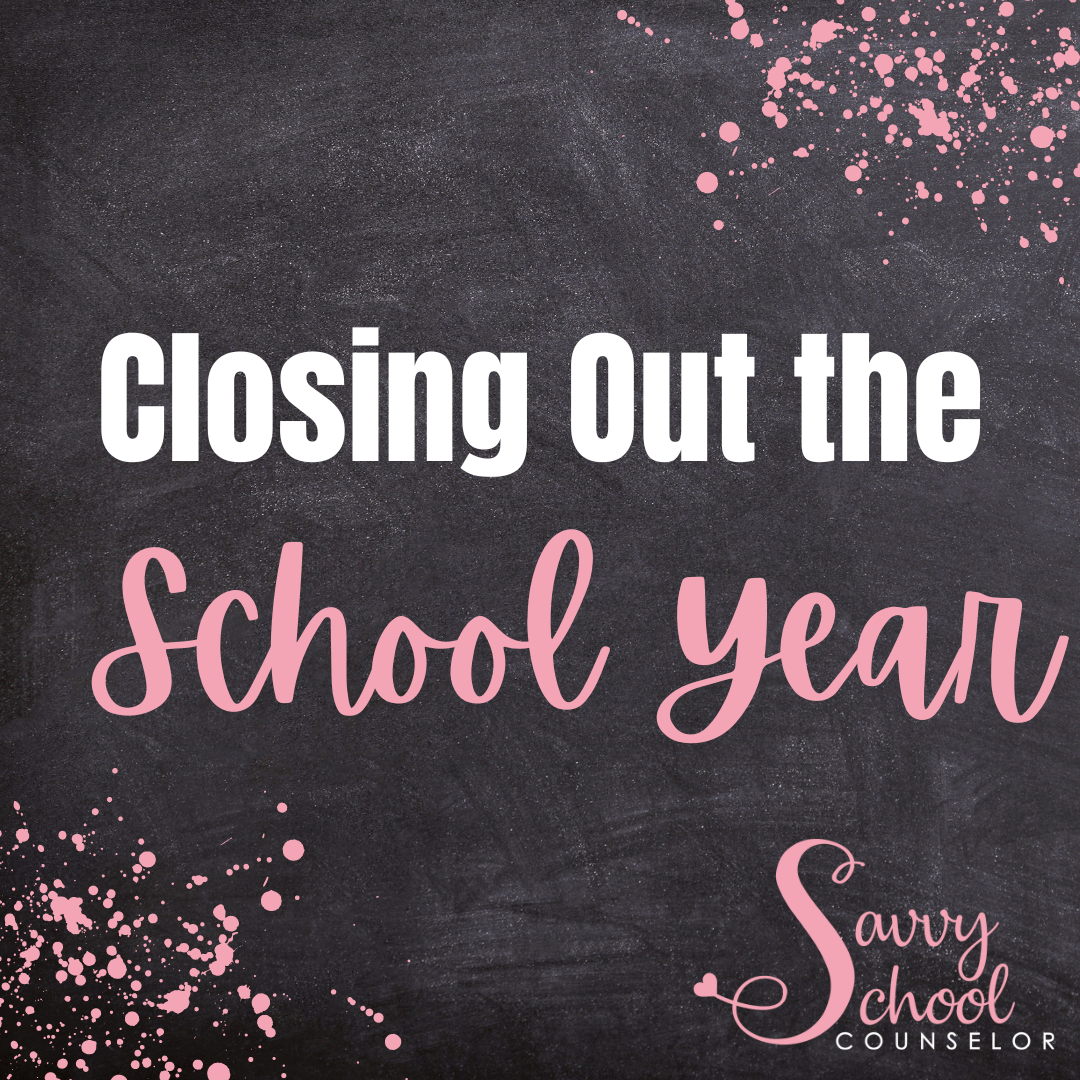
Closing Out The School Year
With the end of the school year in sight, there are many things to consider before cleaning up your office and heading home for summer break. Closing out the year can actually be one of the busiest times. On top of the usual day-to-day classes and sessions, for years and years, I was also tasked with creating certificates and coordinating six grade-level-specific awards day celebrations.
You may find yourself overwhelmed as the school year comes to a close as well. In today’s post, I want to share a few things to consider as you prepare for the closing of school.
5 Tips for Closing School
The first tip that is important for school counselors when closing the school year is to create watch lists. Watch lists are important because it provides the future school counselors and student services departments of your transitioning students any “need to know” information. This can include McKinny Vento status for homeless students, trauma experienced by any students during the current school year, extreme behavior issues that have been regularly addressed, and any other important pieces of information needing to be shared ahead of the school year.
If a student has been screened for suicidal ideation or had a threat assessment, this is important information for those future student services members to be made aware of. It’s important to make sure any watch lists you create are shared securely to protect the privacy of all students included.
In my local school district, counselors are required to do this for rising 5th graders and 8th graders as they transition to middle and high school. They can also be done for any student transferring schools no matter the grade level.
The second tip for closing the school year is data analysis. As school counselors, we use data regularly to drive our programs so that we are making an impact where there is a need in our schools. If you are in a district that promotes using the ASCA National Model, you are doing this already as a part of that process.
When the closing of the school year arrives, you’ll want to look at your program goals data and the data collected during the current school year. This will allow you to see which of your goals were met and which were not. You can then take the new data to begin determining what your focus will be for the upcoming school year.
The third tip is about recordkeeping. Now is the time to go through all of your documents whether they contain sensitive information or are the notes your students filled out for self-referrals. Anything like this needs to be gathered and shredded. If there are notes, documents, or files you need to keep, take time to organize and secure them in the appropriate places.
An example from my experiences is ROA (Review of Accommodations) forms completed by other staff for my 504 students after statewide testing concludes. Whatever forms or documents you are responsible for filing, make a plan to get that done. If there are other responsibilities you have in regard to cumulative records, make a plan over a number of days for getting it done so you are not overwhelmed or trying to do it all at the last minute.
Even though the school year is closing, tip number four is all about planning. I have always been a planner to a fault. Even when I was in the classroom, I was planning the upcoming school year well in advance so that when the time came, I just needed to pick it up and follow it. I don’t mean writing out all of your lesson plans. I am simply referring to mapping out a tentative plan for what you will do and when.
I typically like to map out each month and decide what character traits, topics, units, and groups I plan to do. If you have access to the new master schedule before school ends, that’s even better. This is also very helpful when you are working with a co-counselor. Even though you have a nice summer break, at some point you will want to begin preparing yourself for the school year. Having a plan in place will make that preparation flow smoothly as you’ll know exactly which direction you need to go.
My final and fifth tip is to prep as much as you can for the beginning of the year. This includes things like copying student self-referral forms, prepping materials for new student groups, and creating your “meet the counselor” activities. Your future self will be so glad you did! If you have copies available to you, use them to get forms and handouts ready for next school year. Think of all the things you KNOW without a doubt you will use, and get them ready so you will have less to worry about during those hectic workdays that are already full of meetings and such.
If you are able, get your bulletin boards done. If nothing else, you can at least remove the current boards and get the paper and border up and ready to go.
It is totally possible that you simply can’t get all of this done before making that mad dash to the parking lot after your last workday, and I get that completely. I haven’t always been able to check all of the boxes at times. Just make the effort to do what you can for your future self. It will definitely be worth your time.
What are some tips you would add to the list for closing the school year? There may be requirements you have that I have not mentioned. Leave a comment and let me know!
Stick around! You can follow Savvy School Counselor with free email updates. You can also follow my TpT Store to keep up with my latest products and freebies. Additionally, I do giveaways through My Facebook Page with my new products. Be sure to like Savvy School Counselor on Facebook and click to receive notifications so you don’t miss them!
Related Posts via Categories



